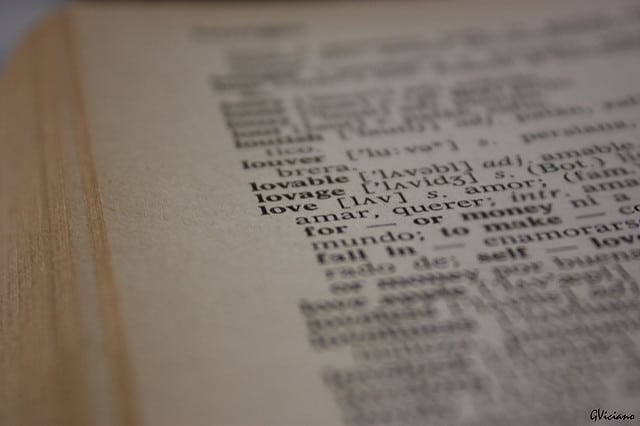For the past several weeks I had the opportunity for Spanish language study immersion in Costa Rica. Leaving my simple room in the capital city, I would trudge down to my language school each morning ready for a day filled with endless verb conjugations, vocabulary memorization exercises, and some rudimentary writing – accent on the rudimentary.
As a beginning Spanish student, I was (am) like a child learning to speak: I like to eat apples. No, I don’t like the mountains. My favorite color is blue. I am wearing a hat. In these beginning days I could speak about the things that textbooks tell you really matter, but that no one actually spends any time talking about: the weather and the seasons, the layout of my house, my preferences, the vocabulary for every piece of furniture imaginable, etc., etc., etc.
When I would come back to mi casa at midday for the big meal, that’s when real learning would begin, as rice and beans, stewed chicken, and sweet fruit juices were passed about. Surrounded by 5 native speakers, the conversation moved quickly. I would catch a word that I recognized every now and then, but in general the conversation eluded me. As laughter filled the room, I was left on the margins of the conversation, staring in as the endless stream of words swirled around me, lost. These men were speaking in tenses I didn’t yet know. Nothing so complicated as the subjunctive, no. They were speaking in the past and future.
I am a student of history and a news junkie and so looking at situations and thinking how did we get here and where are we going? is how my brain is wired. I like to tell stories from the office or classroom, and recount jokes I heard years ago. Even writing is a way in which I can bring time together: I can reflect on my past, comment on how it affects my present, and give voice to some hope for the future.
But during so much of my time in Costa Rica, I had no past. I had no future. All I had was the present. And the present wasn’t getting me very far.
No one wanted to hear about my cat. I don’t own one, by the way, but making things up is part of learning a language, I’ve discovered. For instance, my cat, Gordito, lives with me in my house along with my blonde wife, Maria, and three hijos – Roberto, Julio and Teresa. Roberto is a real diabolito. Ay, dios mio! And the layout of my home in the United States or the details of my family tree were not relevant to the conversations that were being held at the table, either. Go figure.
I began to resent not just my level of Spanish, but the present tense in general. The present isn’t interesting at all! There’s no color commentary, no analysis, no hope! Where are the stories of interesting things that have happened? Where are the dreams of what might be, if given time and space?
The present. Bleh. It’s just there. Boring. Easily glossed over. Unimportant. Who needs it?
* * *
And so I carried on, struggling in fits and starts to come up with verb conjugations in real time, and trying to insert my elementary vocabulary into graduate-level conversation. In my attempts, I began to prepare what I might say beforehand. Events back at home gave me entre, even if only in simple sentences:
I have a new niece. She is healthy. My sister-in-law is, too. My family is very happy. I am very happy, too. Her name is Riley.
I couldn’t follow-up with much else. But I came to realize that suddenly there wasn’t much need for anything more than the present. She is. We are. I am.
It’s all I had, but it was enough to express the truth of our joy.
* * *
Turns out, the present isn’t boring at all. Rather, it’s exceptionally important. Lessons are learned in the present, meals are shared, news is communicated, and babies are born in the present. Wars are begun in the present, and life or death decisions are made in the present based on data from the past, that have broad implications for the future. And we shouldn’t forget that God – often relegated to a distant past or a highly anticipated future – is in the present, too.
Eventually, I began to add the simple future and the simple past into my language repertoire. I have been. I am going to. Building on the present, these new tenses will help me to tell more of my story and the stories of others, like my niece. I have been waiting for her to arrive. I am going to hold her when I see her.
Her birth reminds me that the present can give rise to dreams and hopes after all.
–//–
The cover photo, from Flickr user Guillermo Viciano can be found here.


